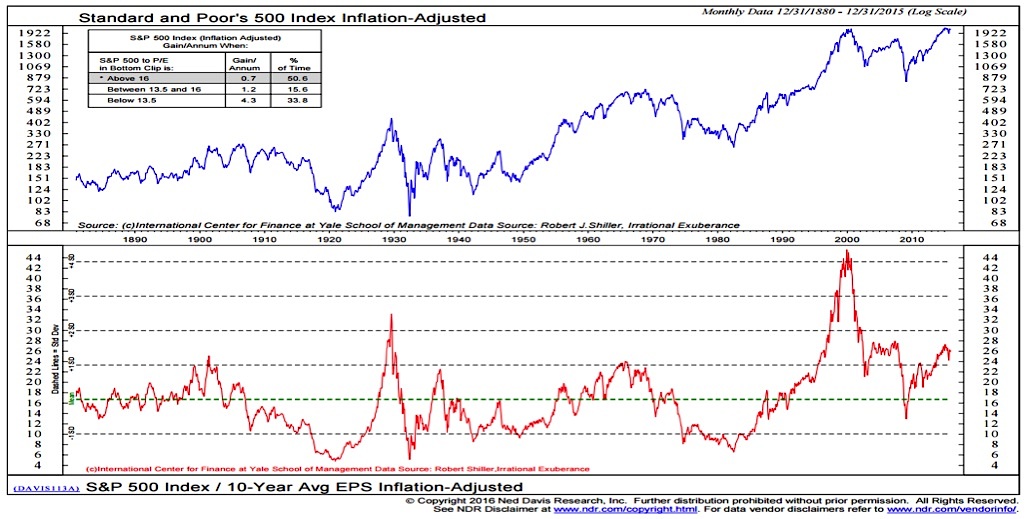Trump Tariffs, Gretzky's Loyalty, And Canada's Statehood Debate: A Complex Issue

Table of Contents
The Economic Impact of Trump Tariffs on Canada's Statehood Debate
The imposition of tariffs by the Trump administration significantly impacted the Canadian economy, prompting renewed discussions about economic independence and the potential benefits (or drawbacks) of closer ties with the United States. These tariffs weren't just numbers on a spreadsheet; they represented a tangible threat to Canada's economic stability and forced a reassessment of its relationship with its southern neighbor.
- Increased trade barriers between Canada and the US: The tariffs created significant hurdles for Canadian businesses exporting goods to the United States, leading to increased costs and reduced competitiveness. This directly impacted Canadian jobs and economic growth. Keywords like "Canada US trade," "bilateral trade," and "trade agreements" are relevant here.
- Impact on specific Canadian industries (e.g., lumber, dairy): Certain sectors, like lumber and dairy, were disproportionately affected by the tariffs, facing significant losses and job reductions. The vulnerability of specific industries to external economic pressures fueled the debate about Canada's economic resilience and the potential need for greater diversification.
- Diversification of trade partners as a response to tariffs: The tariffs spurred Canada to explore and strengthen trade relationships with other countries, reducing its reliance on the US market. This diversification strategy is a crucial element in bolstering Canada's economic sovereignty and mitigating future risks. Terms like "trade diversification," "global trade," and "international trade agreements" are key here.
- Long-term economic consequences for Canada's future: The long-term effects of the tariffs on Canada's economic growth and stability remain to be seen. The experience highlighted the importance of robust economic planning and a diversified trade portfolio for Canada's future prosperity. Consider adding keywords like "economic sovereignty," "economic security," and "long-term economic growth."
- Shifting political alliances and trade agreements: The Trump-era tariffs also led to a reassessment of Canada's political alliances and its participation in international trade agreements. This shift reflects a broader concern about maintaining economic stability in an increasingly uncertain global landscape.
Wayne Gretzky's Loyalty and the Canadian Identity
Wayne Gretzky, a beloved Canadian hockey icon, represents the loyalty and pride many Canadians feel towards their nation. His success in the US while maintaining a strong Canadian identity adds another layer to the statehood discussion. Gretzky's story is a powerful narrative, illustrating the complexities of national identity in a globalized world.
- Gretzky's impact on Canadian national pride and identity: Gretzky's accomplishments on the ice instilled a sense of national pride and solidified Canada's position as a global hockey power. His image became deeply intertwined with Canadian identity, representing both athletic excellence and national character.
- The symbolism of his NHL career in the US: Gretzky's successful career in the US NHL, despite playing for American teams, didn't diminish his Canadian identity. Instead, it demonstrated the ability to achieve international success while remaining firmly rooted in one's national heritage. This resonates with the current debate about the potential for Canada's continued success within or outside a closer relationship with the US.
- How his story reflects the complex relationship between Canada and the US: Gretzky's story provides a compelling example of the complex, intertwined relationship between Canada and the US. It illustrates the possibility of successful collaboration and mutual respect while maintaining distinct national identities.
- The potential for cultural assimilation versus maintaining distinct identity: Gretzky's continued connection to Canada, despite his years in the US, challenges the notion of inevitable cultural assimilation. It reinforces the idea that distinct national identities can thrive even within close proximity to a larger, dominant culture.
- Gretzky's influence on the Canadian narrative beyond sports: Gretzky's influence extends beyond the realm of sports. He remains a powerful symbol of Canadian pride and achievement, influencing national narratives and contributing to the ongoing discussion of Canadian identity and its place in the world.
Historical Context and the Evolution of Canada's National Identity
Understanding the historical context of Canada's development as an independent nation is crucial to analyzing current debates about its future. Canada's journey to self-determination is a complex and fascinating one, deeply impacting the current discussion regarding its relationship with the United States.
- Canada's historical relationship with Great Britain: Canada's historical ties to Great Britain shaped its political and legal systems, influencing its approach to governance and international relations. Understanding this historical relationship is essential to comprehending Canada's unique position in North America.
- The evolution of Canadian autonomy and self-governance: The gradual evolution of Canadian autonomy from Great Britain laid the groundwork for its independent status. Tracing this evolution helps to contextualize the current debate about the potential implications of closer integration with the US. Keywords like "Canadian sovereignty," "self-determination," and "national autonomy" are important here.
- Key historical events shaping Canadian identity (e.g., Confederation): Key historical events, such as Confederation, significantly shaped Canadian identity and continue to influence national narratives and debates about the future. Understanding these events provides crucial context for the ongoing discussion of Canada's statehood.
- The role of regionalism and differing perspectives across provinces: The diversity of perspectives across Canada's provinces underscores the complexities of national identity and the challenges of achieving a unified vision for the future. Regional differences play a crucial role in shaping public opinion on issues related to Canada's statehood.
- The ongoing process of defining Canadian national identity: Defining Canadian national identity is an ongoing process, influenced by historical events, cultural shifts, and evolving economic realities. This ongoing process shapes the way Canadians perceive their relationship with the US and their future as a nation.
Arguments For and Against Closer Integration with the United States (or Maintaining Independence)
Examining the pros and cons of closer integration with the US or maintaining Canada's independent status is vital to understanding the complexity of the debate. The decision involves weighing potential economic benefits against the preservation of cultural distinctiveness and national sovereignty.
Arguments For Closer Integration:
- Enhanced economic opportunities and growth: Closer integration could potentially unlock significant economic opportunities and accelerate growth through increased trade and investment. This argument emphasizes the potential economic benefits of closer ties with the US.
- Increased political influence on a global scale: Closer integration might enhance Canada's political influence on the world stage, leveraging the combined economic and political power of a larger bloc.
- Streamlined trade and reduced bureaucratic hurdles: Closer integration could streamline trade and reduce bureaucratic hurdles, benefiting businesses and facilitating economic exchange.
Arguments Against Closer Integration/For Independence:
- Loss of national identity and cultural distinctiveness: Closer integration could lead to the erosion of Canada's unique national identity and cultural distinctiveness, potentially resulting in cultural assimilation.
- Potential loss of sovereignty and self-determination: Closer integration might compromise Canada's sovereignty and self-determination, potentially limiting its ability to act independently on matters of national interest. Keywords like "Canadian independence," "national sovereignty," and "self-governance" are crucial here.
- Economic vulnerabilities to US policy changes: Closer integration could increase Canada's economic vulnerability to changes in US policy, creating uncertainty and potential risks for the Canadian economy.
Conclusion
The debate surrounding Canada's statehood, influenced by factors ranging from the economic fallout of Trump tariffs to the enduring symbol of Wayne Gretzky, is multifaceted and deeply rooted in historical context. Understanding the economic realities, cultural identity, and historical trajectory of Canada is crucial to navigating this complex issue. Ultimately, the future of Canada's statehood hinges on a careful consideration of these intertwined factors. Further research and public discourse on Canada's Statehood are vital to ensuring a future that protects Canadian interests and values. The continued discussion and careful analysis of Canada's Statehood are critical for shaping a future that respects its unique identity and economic prosperity.

Featured Posts
-
 Tadic In Fenerbahce Den Ayriligi Resmen Aciklandi Yeni Takimi Belli Oldu
May 20, 2025
Tadic In Fenerbahce Den Ayriligi Resmen Aciklandi Yeni Takimi Belli Oldu
May 20, 2025 -
 Weather Anchor Ginger Zee Addresses Negative Comments About Her Appearance
May 20, 2025
Weather Anchor Ginger Zee Addresses Negative Comments About Her Appearance
May 20, 2025 -
 10 Minute Unpiloted Lufthansa Flight Investigation Reveals Co Pilot Medical Emergency
May 20, 2025
10 Minute Unpiloted Lufthansa Flight Investigation Reveals Co Pilot Medical Emergency
May 20, 2025 -
 Bof A On Stock Market Valuations A Case For Investor Calm
May 20, 2025
Bof A On Stock Market Valuations A Case For Investor Calm
May 20, 2025 -
 15 Avril Nouvelles Restrictions De Circulation Pour Les Deux Et Trois Roues Sur Le Boulevard Fhb
May 20, 2025
15 Avril Nouvelles Restrictions De Circulation Pour Les Deux Et Trois Roues Sur Le Boulevard Fhb
May 20, 2025
